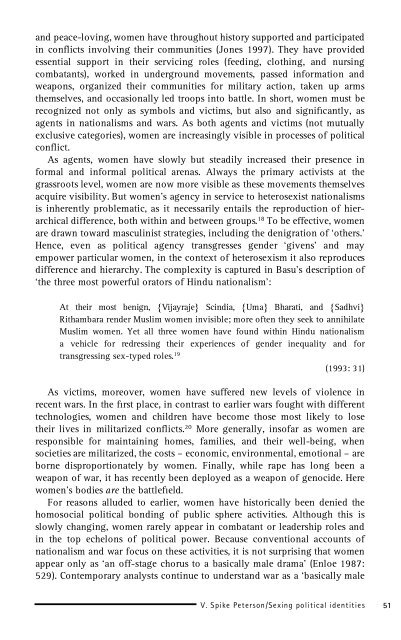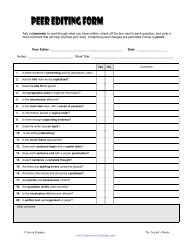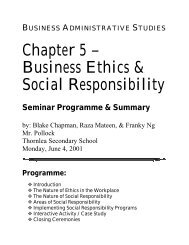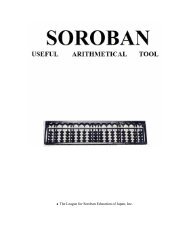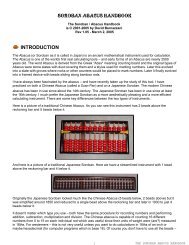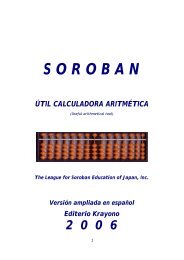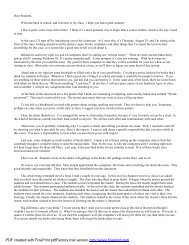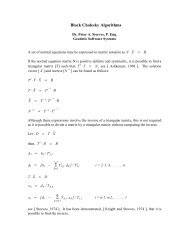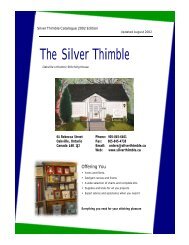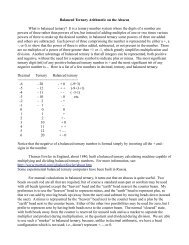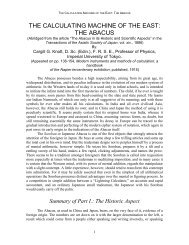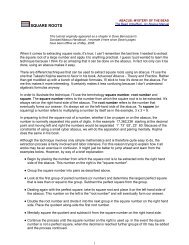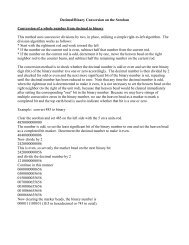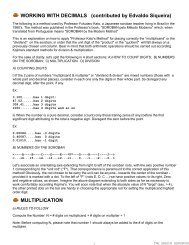Sexing Political Identities-Nationalism as Heterosexism.pdf
Sexing Political Identities-Nationalism as Heterosexism.pdf
Sexing Political Identities-Nationalism as Heterosexism.pdf
You also want an ePaper? Increase the reach of your titles
YUMPU automatically turns print PDFs into web optimized ePapers that Google loves.
and peace-loving, women have throughout history supported and participated<br />
in conicts involving their communities (Jones 1997). They have provided<br />
essential support in their servicing roles (feeding, clothing, and nursing<br />
combatants), worked in underground movements, p<strong>as</strong>sed information and<br />
weapons, organized their communities for military action, taken up arms<br />
themselves, and occ<strong>as</strong>ionally led troops into battle. In short, women must be<br />
recognized not only <strong>as</strong> symbols and victims, but also and signicantly, <strong>as</strong><br />
agents in nationalisms and wars. As both agents and victims (not mutually<br />
exclusive categories), women are incre<strong>as</strong>ingly visible in processes of political<br />
conict.<br />
As agents, women have slowly but steadily incre<strong>as</strong>ed their presence in<br />
formal and informal political aren<strong>as</strong>. Always the primary activists at the<br />
gr<strong>as</strong>sroots level, women are now more visible <strong>as</strong> these movements themselves<br />
acquire visibility. But women’s agency in service to heterosexist nationalisms<br />
is inherently problematic, <strong>as</strong> it necessarily entails the reproduction of hierarchical<br />
difference, both within and between groups. 18 To be effective, women<br />
are drawn toward m<strong>as</strong>culinist strategies, including the denigration of ‘others.’<br />
Hence, even <strong>as</strong> political agency transgresses gender ‘givens’ and may<br />
empower particular women, in the context of heterosexism it also reproduces<br />
difference and hierarchy. The complexity is captured in B<strong>as</strong>u’s description of<br />
‘the three most powerful orators of Hindu nationalism’:<br />
At their most benign, {Vijayraje} Scindia, {Uma} Bharati, and {Sadhvi}<br />
Rithambara render Muslim women invisible; more often they seek to annihilate<br />
Muslim women. Yet all three women have found within Hindu nationalism<br />
a vehicle for redressing their experiences of gender inequality and for<br />
transgressing sex-typed roles. 19 (1993: 31)<br />
As victims, moreover, women have suffered new levels of violence in<br />
recent wars. In the rst place, in contr<strong>as</strong>t to earlier wars fought with different<br />
technologies, women and children have become those most likely to lose<br />
their lives in militarized conicts. 20 More generally, insofar <strong>as</strong> women are<br />
responsible for maintaining homes, families, and their well-being, when<br />
societies are militarized, the costs – economic, environmental, emotional – are<br />
borne disproportionately by women. Finally, while rape h<strong>as</strong> long been a<br />
weapon of war, it h<strong>as</strong> recently been deployed <strong>as</strong> a weapon of genocide. Here<br />
women’s bodies are the battleeld.<br />
For re<strong>as</strong>ons alluded to earlier, women have historically been denied the<br />
homosocial political bonding of public sphere activities. Although this is<br />
slowly changing, women rarely appear in combatant or leadership roles and<br />
in the top echelons of political power. Because conventional accounts of<br />
nationalism and war focus on these activities, it is not surprising that women<br />
appear only <strong>as</strong> ‘an off-stage chorus to a b<strong>as</strong>ically male drama’ (Enloe 1987:<br />
529). Contemporary analysts continue to understand war <strong>as</strong> a ‘b<strong>as</strong>ically male<br />
V. Spike Peterson/<strong>Sexing</strong> political identities 51


